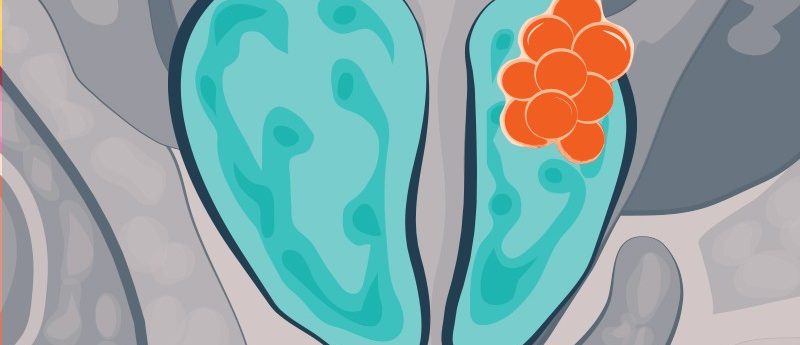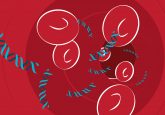Could a blood test predict the outcome of prostate cancer treatment?

Collaborative research, published in the journal Annals of Oncology, reported that a new blood test could be utilized to detect tumor DNA, specifically tumors with multiple copies of the androgen receptor gene. It was reported that men with multiple androgen gene copies responded worse to targeted prostate therapies such as abiraterone and enzalutamide.
Gerhardt Attard (The Institute of Cancer Research, UK) commented: “Abiraterone and enzalutamide are excellent treatments for advanced prostate cancer and some men can take these drugs for years without seeing a return of their cancer. But in other men, these drugs do not work well and the disease rapidly returns. Currently there is no approved test to help doctors choose whether these are the best treatments for an individual.”
In total, 265 blood samples from men with advanced prostate cancer were analyzed by researchers from The Institute of Cancer Research and The Royal Marsden NHS Foundation Trust (London, UK). The participants were being treated with abiraterone or enzalutamide, either before or after docetaxel chemotherapy.
These blood samples were taken from individuals on three clinical trials before treatment and after the disease had progressed. Results from the primary trial, involving 171 participants, demonstrated that men with multiple copies of the androgen receptor gene detected were four times more likely to die during the study than those who did not.
The second study involving 94 participants also confirmed this finding. The men found with multiple copies had an eight-fold lower response to treatment than those individuals with less copies of the gene.
“We have developed a robust test that can be used in the clinic to pick out which men with advanced prostate cancer are likely to respond to abiraterone and enzalutamide, and which men might need alternative treatments. Our method costs less than £50, is quick to provide results, and can be implemented in hospital laboratories across the NHS. We are now looking to assess our test in prospective clinical trials and would hope it can become part of standard patient care,” stated Attard.
It is hoped that by utilizing the new blood test, those who are unlikely to respond to targeted prostate treatments are spared the ordeal and alternative options are investigated.
Paul Workman (The Institute of Cancer Research) concluded: “Drug resistance is the single biggest obstacle we face in treating cancer. We need to be able to assess a patient’s disease individually so we know which therapies have the best chance of success and which are unlikely to be effective.
“The test our researchers have developed is exactly what we need to tailor therapy to individual patients, so we can offer patients the treatment that is most likely to work for them. It’s an important step towards further personalization of cancer treatment.”
Sources: Conteduca V, Wetterskog D, Sharabiani MTA et al. Androgen receptor gene status in plasma DNA associates with worse outcome on enzalutamide or abiraterone for castration-resistant prostate cancer: a multi-institution correlative biomarker study. Ann Oncol. doi:10.1093/annonc/mdx155 (2017) (Epub ahead of print); www.icr.ac.uk/news-archive/new-blood-test-predicts-who-will-benefit-from-targeted-prostate-cancer-treatments






